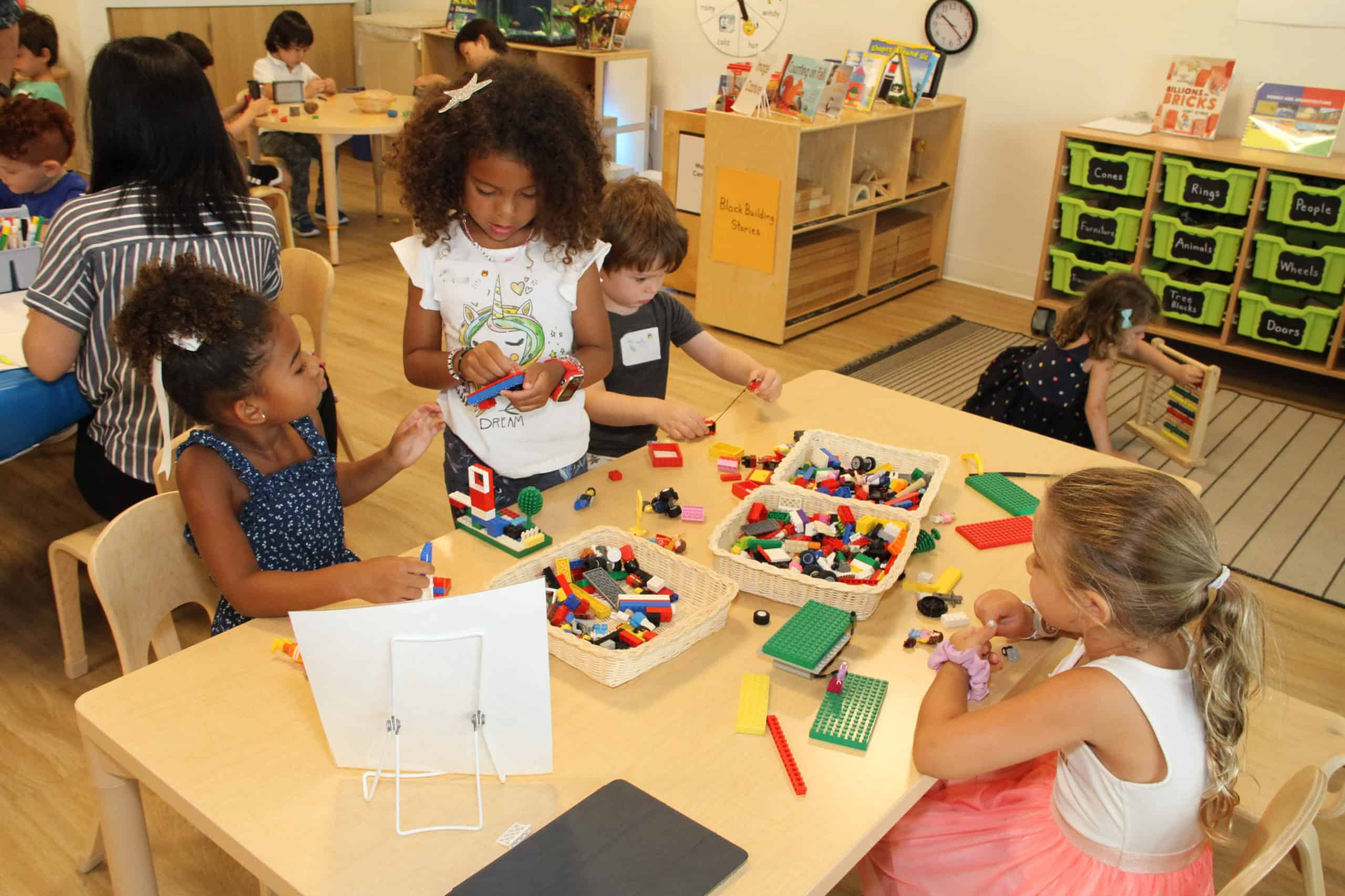
Image Source: Google
Early childhood education plays a crucial role in shaping the future of young children. It provides a strong foundation for their learning and development, setting the stage for success in school and beyond.
By investing in early childhood education, we are not only nurturing young minds but also empowering them to reach their full potential. Let's explore the numerous benefits that early childhood education brings to children, families, and society as a whole.
The Importance of Early Childhood Education
Early childhood education is more than just babysitting or playtime; it is a structured learning experience that has a profound impact on a child's cognitive, social, and emotional development. Here are some reasons why early childhood education is essential:
1. Cognitive Development
- Early childhood education helps children develop essential cognitive skills such as problem-solving, critical thinking, and language development.
- It lays the foundation for future academic success by introducing children to basic concepts in a fun and engaging way.
2. Social Skills
- Children learn how to interact with others, make friends, and work in groups, fostering important social skills that are essential for success in school and later in life.
- Early childhood education teaches children how to regulate their emotions, resolve conflicts, and communicate effectively, promoting positive social interactions.
The Benefits of Early Childhood Education
Early childhood education offers a wide range of benefits that have a lasting impact on children's lives. Here are some of the key benefits:
1. School Readiness
- Children who participate in early childhood education programs are better prepared for school, with higher levels of school readiness and a smoother transition to formal education.
- They have stronger pre-reading and math skills, better social skills, and are more likely to succeed academically in later grades.
2. Long-Term Success
- Research has shown that children who receive a quality early childhood education are more likely to graduate from high school, attend college, and have successful careers in the future.
- Early childhood education has a long-term impact on children's academic achievement, earning potential, and overall well-being.
The Role of Families in Early Childhood Education
While early childhood education programs play a significant role in children's development, families are also essential partners in the educational journey. Here are ways in which families can support early childhood education:
1. Parent Involvement
- Parents can support their children's learning by reading to them, engaging in educational activities, and participating in school events and workshops.
- They can communicate with teachers, ask questions about their child's progress, and create a supportive home environment that encourages learning.
2. Advocacy and Support
- Parents can advocate for high-quality early childhood education programs in their communities and support policies that promote access to early learning opportunities for all children.
- They can seek out resources and information to help them make informed decisions about their child's education and development.
Conclusion
Early childhood education is a powerful tool for empowering young minds and setting them on a path to success. By providing children with a strong foundation in learning and development, we can help them reach their full potential and become successful learners and contributors to society. Investing in early childhood education is not only beneficial for children and families but also for the future of our communities and the world at large. Let's continue to prioritize and support early childhood education to ensure a bright future for all children.
